Catholicism and the appeal of dictatorship are never far from the surface in Puccini’s Tosca. Can revolution or religion change human nature? Can art be the agent of either, or does it merely passively record the process?
Becoming Tosca, a unique and innovative lyric drama, relocates the action to an unspecific Latin American setting in the second half of the 20th century; a nation founded on Jesuit colonisation, where religion now jostles with the politics of capitalism and self-interest. It is a society dominated by the struggle to exchange poverty for influence, still seeking solutions to all-pervasive inequalities and oppressions. Does the church love repentance, or does it prefer punishment? Is brutality a necessary weapon to control a turbulent population?
Even now, we do not have answers and until we do, these questions must continue to be examined.
Combining newly commissioned music with an abridged version of Puccini’s sumptuous score, Becoming Tosca challenges the preconception of the original and the artform of opera itself.
See more, save more.
Get up to 30% off your Grimeborn tickets when you book multiple shows at once!
2 shows = 10% off
3 shows = 15% off
4 shows = 20% off
5 shows = 25% off
6 shows = 30 % off
-
Running time
2 hours 20 minutes -
Age guidance
12+
Production photos
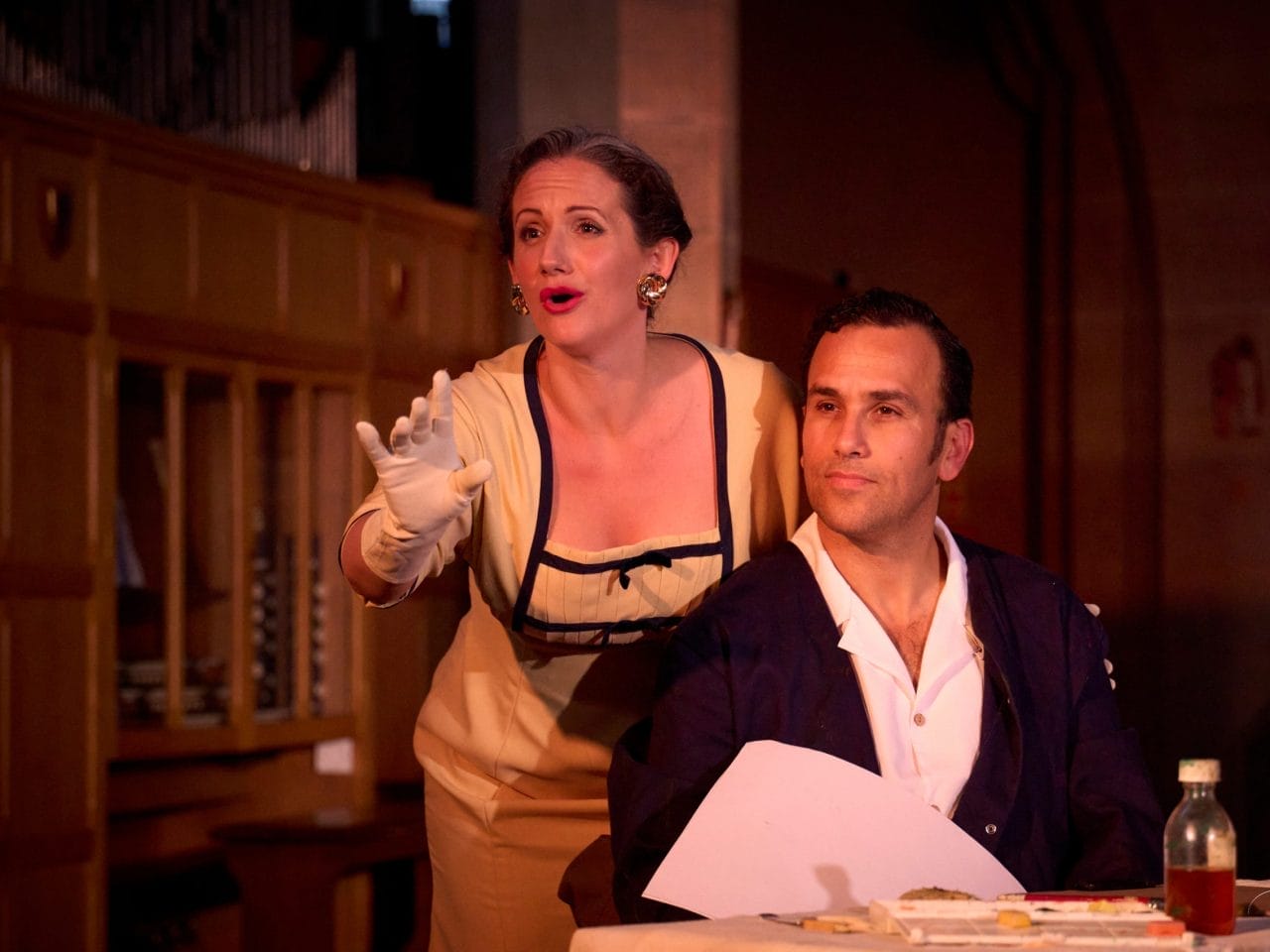
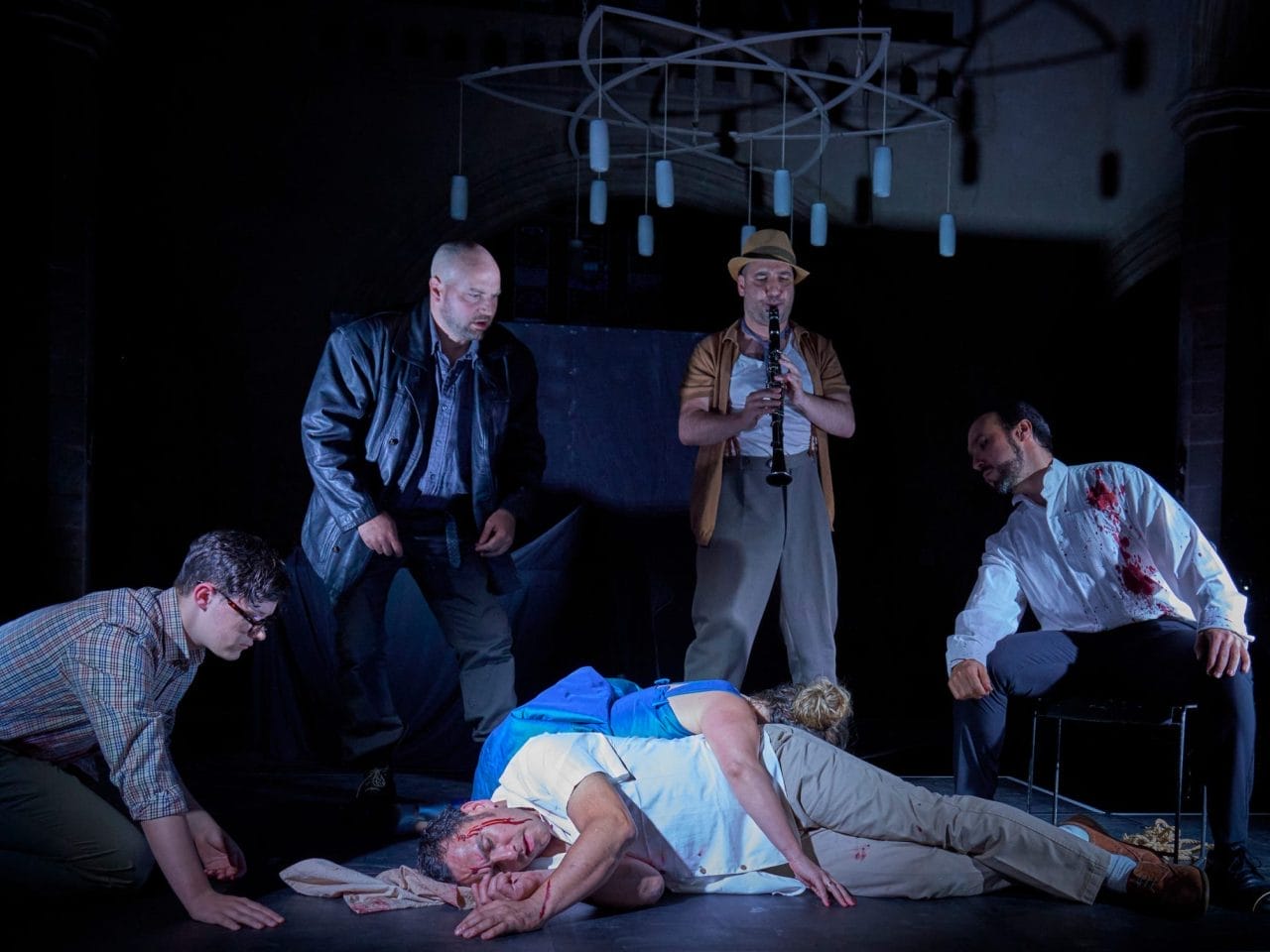

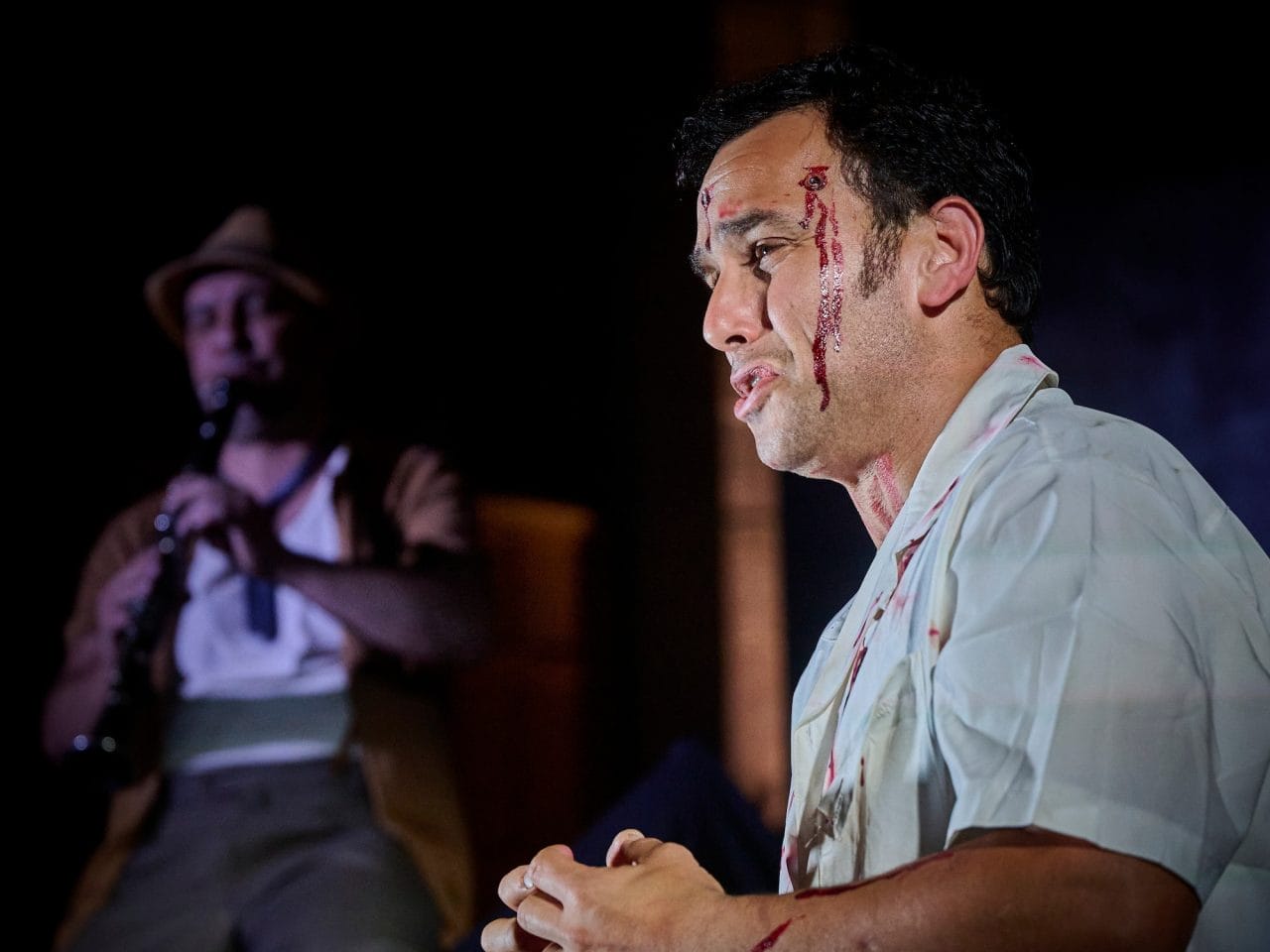

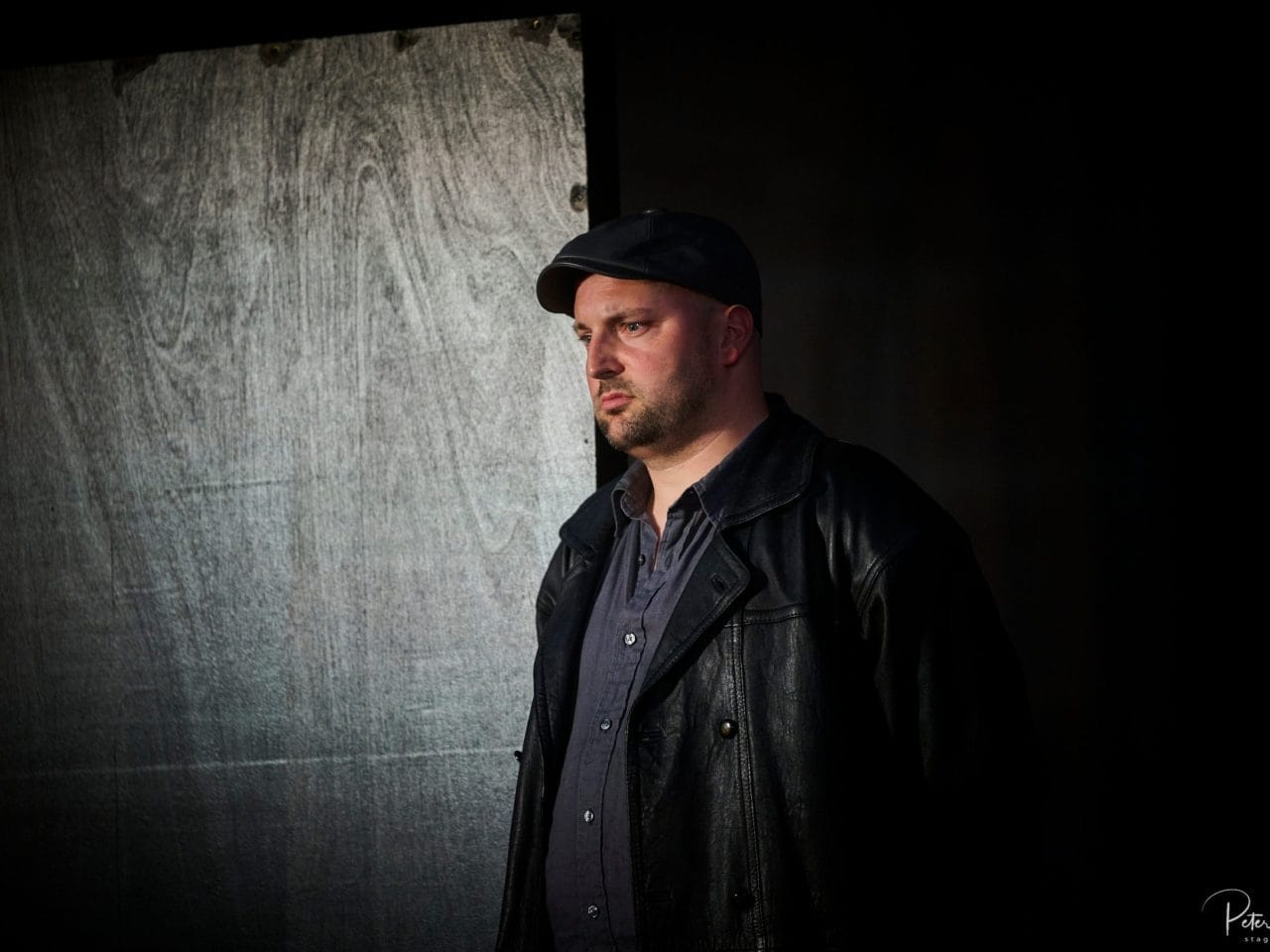
The Company
-

Anna Sideris
Tosca
-

Brendan Collins
Scarpia
-

Anthony Flaum
Cavaradossi
-

Jonathan Cooke
Spoletta
-

Harry Gentry
Angelotti
-
Christopher Cowell
Original Director, Dialogue & New Writing
-
Frank Moon
New Musical Compositions
-
Lesley Anne Sammons
Original Musical Director
-
Viva Halton-Wright
Original Designer
-
Rebecca Marine
Revival Director
-
Giacomo Puccini
Original Composer
-
Boyan Ivanov
Clarinet Solo
